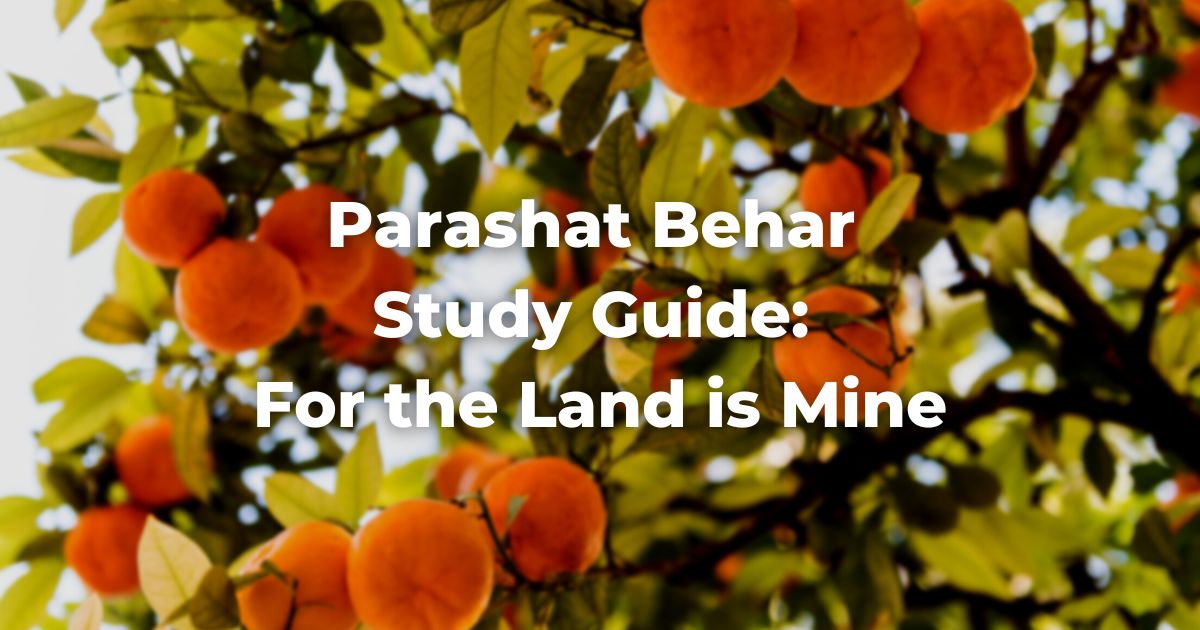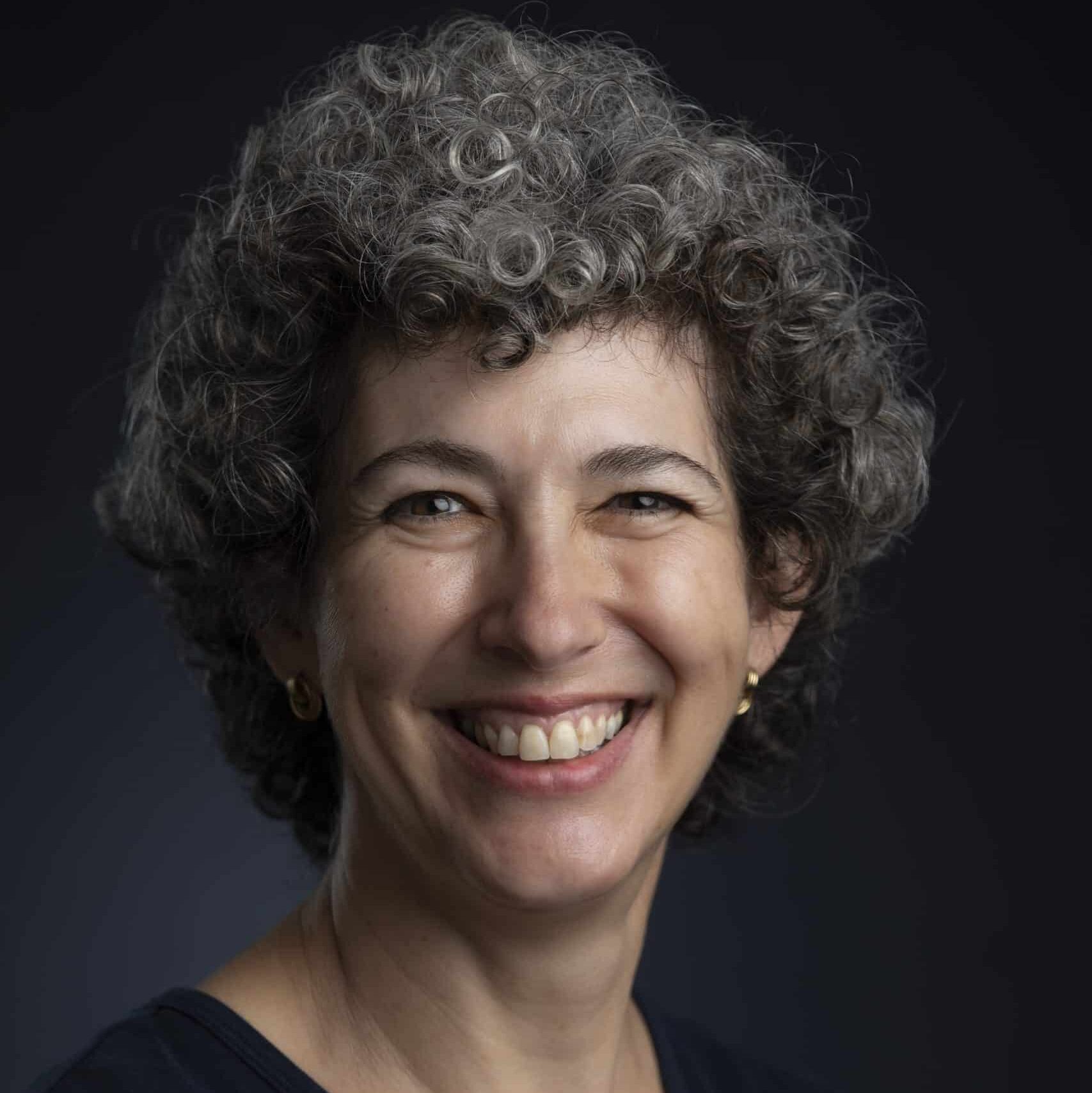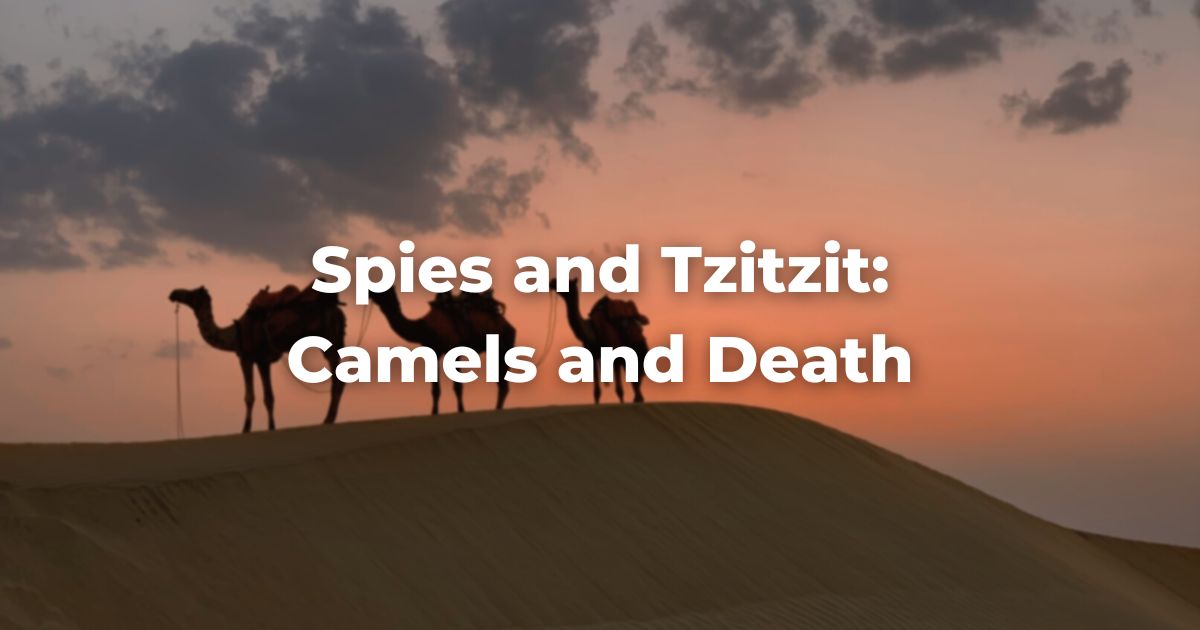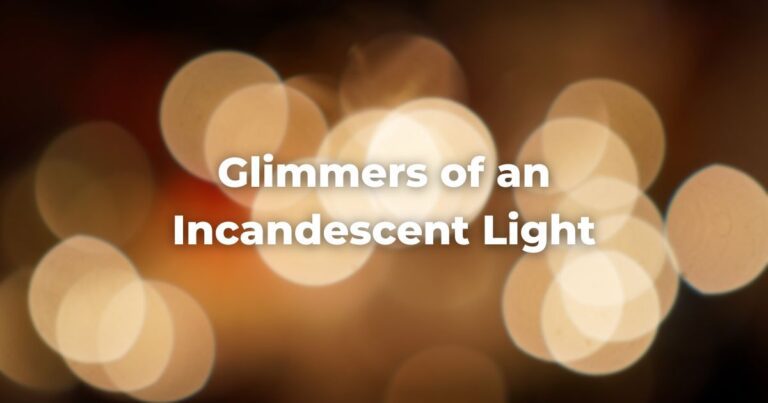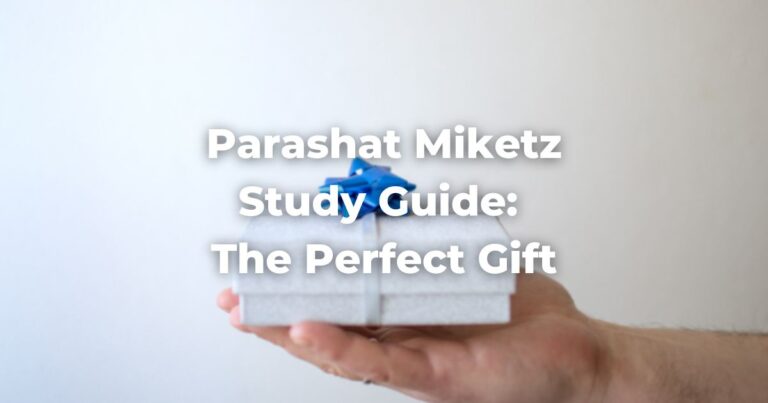Text: Vayikra 25:1-23
1 And the Lord spoke to Moshe on Mount Sinai, saying, 2 “Speak to the children of Israel, and say to them: ‘When you come into the land which I give you, then the land shall keep a Shabbat to the Lord. 3 Six years you shall sow your field, … 4 but in the seventh year there shall be a Shabbat of solemn rest for the land, a Shabbat to the Lord. You shall neither sow your field nor prune your vineyard … 6 And the shabbat produce of the land shall be food for you: … and for the stranger who dwells with you, 7 for your livestock and the beasts that are in your land … 8 And you shall count seven Shabbats of years for yourself, seven times seven years … 9 Then you shall cause the trumpet of the Jubilee to sound … 13 In this year of Jubilee, each of you shall return to his possession … 23 The land shall not be sold permanently, for the land is Mine; for you are strangers and sojourners with Me.
- Verses 1-7 detail the mitzvah of Shmitah but the TorahRefers to the first five books of the Hebrew Bible, the Tanakh, also called the Five Books of Moses, Pentateuch or the Hebrew equivalent, Humash. This is also called the Written Torah. The term may also refer to teachings that expound on Jewish tradition. Read more gives the year a different name. What is it called? What idea does the name convey regarding this year?
- Along with the Shmitah and Jubilee years comes a general prohibition against the permanent sale of land (it can be leased.) Why? How is land ownership viewed? How does the term “Shabbat” help us understand this ownership?
Commentary: Rashi on Vayikra 25:2
A Shabbat to the LORD—For the sake of the LORD, as it is said in the Shabbat of Creation.
- What should be the purpose of keeping the year of Shmitah?
- What does the comparison with Shabbat of Creation (which is the basis of our weekly Shabbat) do for our understanding of the idea underlying the observance of Shmitah?
Commentary: R. Samson Raphael Hirsch on Shemot 23:10
By observing the mitzvah of Shmitah an entire nation declares to the world that its land belongs to the LORD and that He is the one and only Master of the land. In the seventh year, the nation avoids fulfilling its claim to the land, and humbly returns its land to the Master of the World. By doing so, the people in the nation recognize that they are sojourners in their land and are dwelling in it only by the kindness of the true Owner. Then the arrogance that brings people who feel confident on their land to become cruel and hard-hearted in their behavior towards those who lack land will give way to love and kindness towards the stranger and the poor. The animals of the field, as creatures created by the LORD, are considered to have rights in the land of the LORD, on which everyone must dwell together.
- Based on R.S.R. Hirsch’s understanding of Shmitah, what dangers does the observance of this mitzvah come to address?
- How does this idea regarding Shabbat as an equalizing and humbling factor manifest itself in our weekly Shabbat?
Originally written in a Shmitah year (5782).
See more: Parashat Behar
Originally posted as part of the Conservative Yeshiva at the Fuchsberg Jerusalem Center’s Torah Sparks. Support Torah learning from the Fuchsberg Jerusalem Center/Conservative Yeshiva for leaders and seekers around the world here.
Authors
-

Vered Hollander-Goldfarb teaches Tanach and Medieval Commentators at the Conservative Yeshiva and is a regular contributor to Torah Sparks, FJC’s weekly message on the weekly Torah portion. She received her M.A. in Judaic Studies and Tanach from the Bernard Revel Graduate School of Yeshiva University and studied at Bar-Ilan University and the Jewish Theological Seminary. Before making aliyah, Vered taught at Ramaz School and Stern College in New York.
View all posts -



The Fuchsberg Jerusalem Center (FJC) is a home in the heart of Jerusalem where leaders and seekers can find an authentic place in Jewish tradition to call their own. FJC offers opportunities to study, pray and explore within an egalitarian and inclusive setting, creating multiple pathways for finding personal and communal meaning.
View all posts

